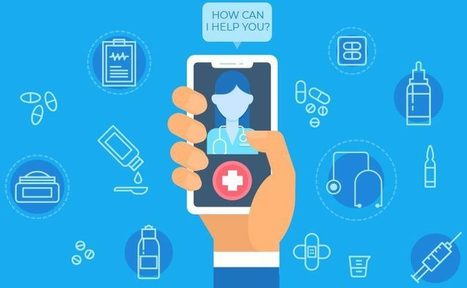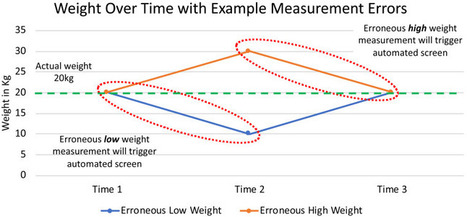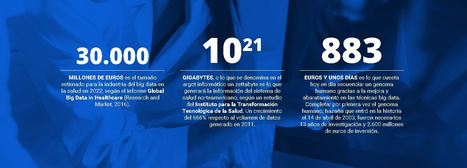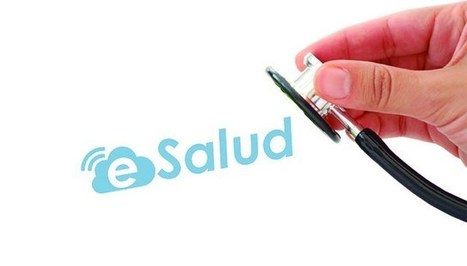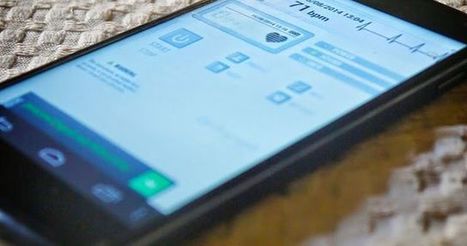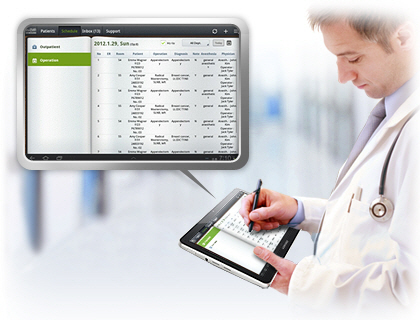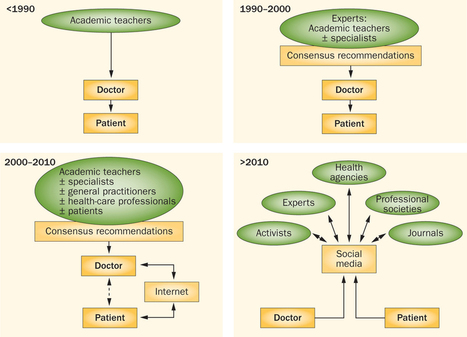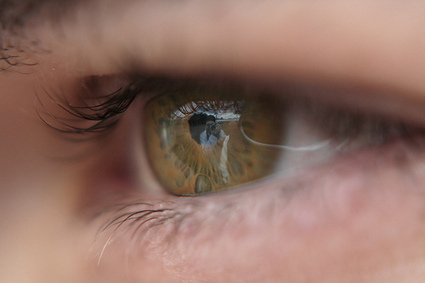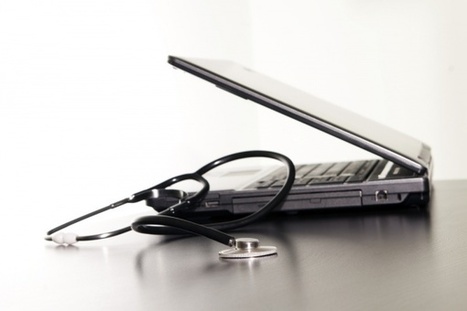Get Started for FREE
Sign up with Facebook Sign up with X
I don't have a Facebook or a X account

 Your new post is loading... Your new post is loading...
 Your new post is loading... Your new post is loading...

ChemaCepeda's curator insight,
May 21, 2015 5:27 PM
Coach, el nuevo rol de los profesionales de salud, frente al paciente activo

Vinuesa vallas y cercados's curator insight,
October 18, 2013 9:59 AM
Ahora, una startup con sede en Toledo llamada IRISense LLC está en las primeras etapas de la comercialización de de su investigación en la forma de una aplicación para smartphone que predice los niveles de glucosa en la sangre a partir de imágenes del ojo. |

ChemaCepeda's curator insight,
September 17, 2014 5:02 AM
Parece que los wearables (dispositivos vestibles), es la tecnología de moda ¿cómo chocará esta tecnología con la salud clásica? 
Bouzid Menaa's curator insight,
September 22, 2014 7:28 AM
In collaboration with international renowned scientists, I am developing a new quantitative and qualitative mobile device for bacterial surface detection and diagnostic tool

rob halkes's curator insight,
July 16, 2014 7:18 AM
Great Survey results, aligning with what experts already thought. Results generated by Germany, Singapore and the UK, but believed to be representative of patients in these advanced markets. See my conclusions upon reading the report here 
Marisa Maiocchi's curator insight,
July 25, 2014 10:32 AM
Los resultados de una encuesta parecen derribar algunos mitos respecto de la "salud móvil" o m-health como "Esta tecnología solo la usan los jóvenes". |



